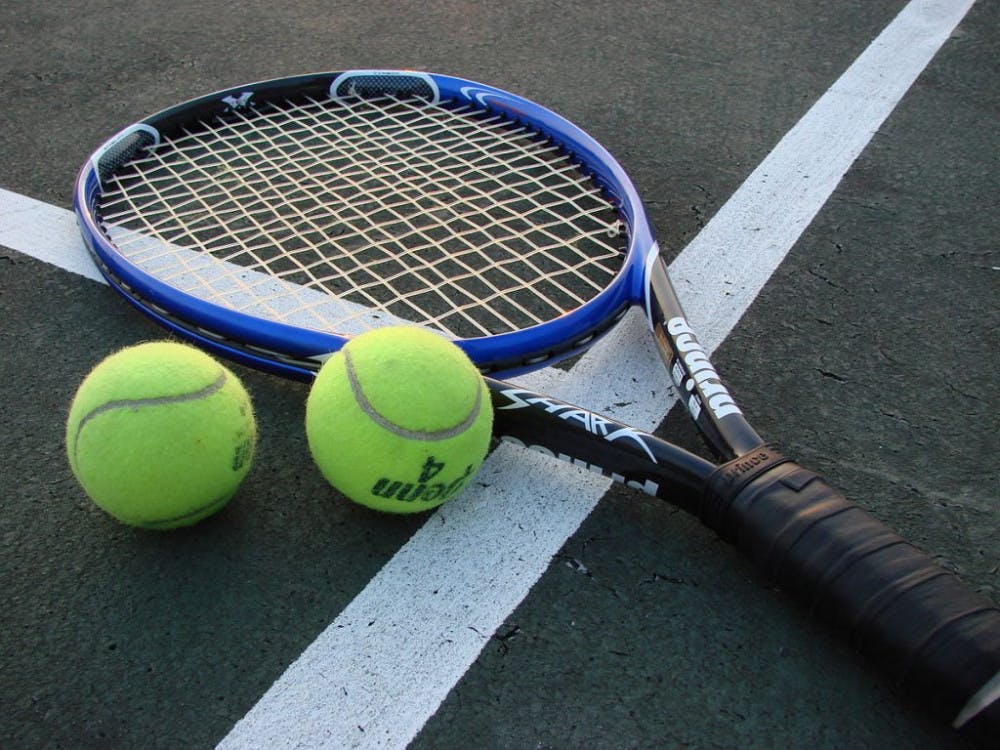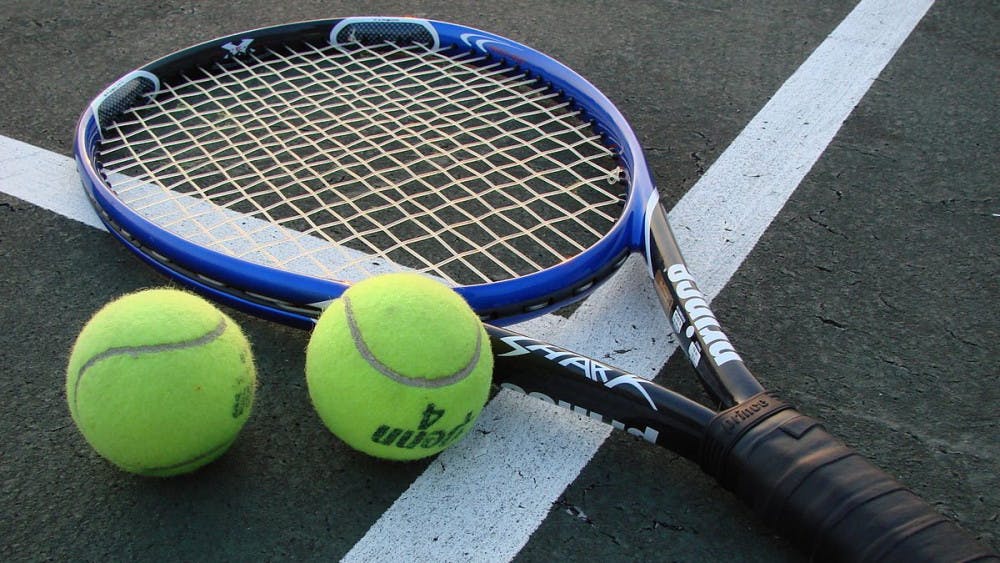Over the summer, several Seton Hall students from the College of Education and Human Services volunteered to teach elementary students in Newark academic and tennis lessons.
The Greater Newark Tennis and Education program consists of children ranging in age from 5 to 12. With a mixture of lesson plans and tennis activities, these students had an opportunity to connect sports and real-life issues.
Jilliane Laurizio, Maylin Rivera and Valerie Villanueva, all senior speech-language pathology majors, and Cecilia Pateman, a junior speech-language pathology major, were offered the opportunity through the College of Education.
In a news story published by Seton Hall, College of Education and Human Services Dean Maureen Gillette said, “This program goes to the heart of what we do as educators. The community benefits and our students benefit from honing their teaching skills outside the classroom.”

Speech-language pathology majors volunteered at the Greater Newark Tennis and Education program and created lesson plans for the students in addition to teaching them how to play tennis.
The four-week period provided tremendous experiences for the students. All explained how the program was helpful and grateful for the opportunity. The group agreed it was enriching to work with students of different age groups, outside of the usual classroom setting.
“Seeing the students engaged and excited to learn was rewarding,” Villanueva said.
The students had to create lesson plans throughout the program, that mixed with the diverse learning style of the program. Social and emotional aspects were discussed with the students, who then were then learned the game of tennis.
Pateman explained how the program exceeded her expectations. Pateman pursued the program after Omarya Arocho, associate dean of college engagement and community development, presented her with the opportunity.
“I knew it meant a lot to her,” Pateman said. “I felt like I owed it to her.”
The student teachers created lessons revolving around emotions and social aspects, mixed with lessons of famous African American tennis players. Children from the Newark school system were allowed to partake in the free program.
Pateman said she saw the importance of the emotional lessons, as those are not taught as much as others, and the importance of having flexibility as a teacher and being able to tailor lesson plans to her students’ understanding.
With only four weeks of the program, the group explained the difficulty in connecting with the students compared to those on their necessary field placements. Pateman also credited the University in helping her prepare for certain circumstances.
“Being confident, I need to do that with my kindergarteners and first graders,” Pateman said. “Thirty kids can tell if you don’t know what you’re talking about.”
In a similar way, after the program’s conclusion, the students began preparing to take what they had learned and use it for all their potential field placements and other educational journeys as they continue to pursue their desired careers. For Pateman, she is endlessly grateful for the College of Education and Human Services and the opportunities for such experiences.
“I’m grateful they reached out about this, they’re always keeping us in mind” said Pateman. “They are constantly exposing us to different opportunities.”
Ronald Castaneda can be reached at ronald.castaneda@student.shu.edu.





